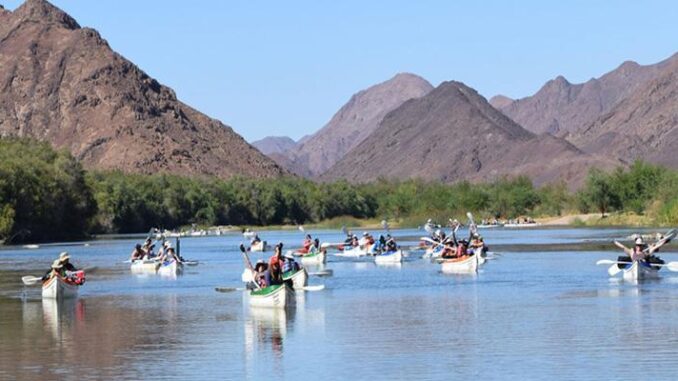
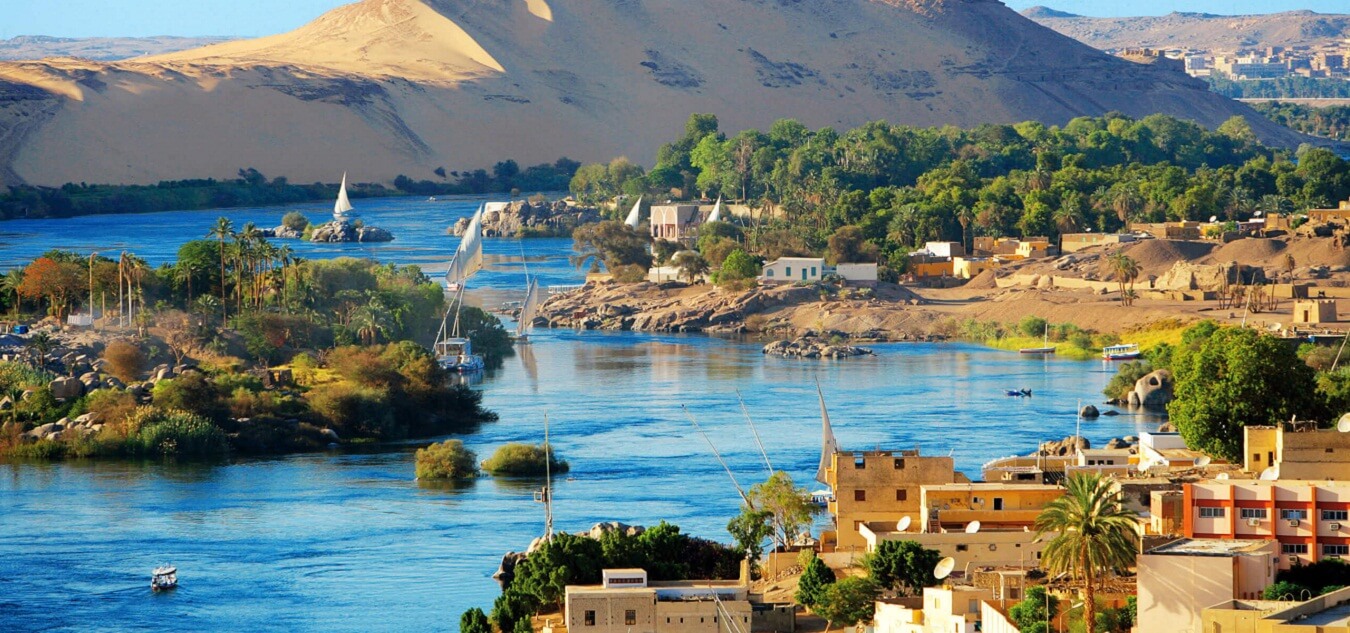

Africa has some of the most beautiful and different ecosystems in the world. It also has some of the most impressive rivers. For hundreds of years, these waterways have been important to theOrange River continent’s civilizations. They have changed the environment, provided food, and made trade and travel easier. Even now, in 2024, these huge rivers are still very important to the geography of Africa and to the lives of millions of people. Let’s go on a trip to see the 10 longest rivers in Africa and be amazed by how big and important they are. The ecosystems and wildlife of Africa depend on its rivers, and the people who live there depend on them for their jobs and their culture. As we admire the beauty of Africa’s top 10 longest rivers in 2024, let us also think about how important they are and how important it is to protect these natural wonders for future generations.
List Of Top 10 Longest Rivers In Africa 2024
1. Nile


One of the world’s most famous rivers, the Nile flows majestically through Africa. For millennia, the Nile has shaped the environment, culture, and fate of those who live along its banks. Its origins are mythical and its waters are alive. We explore the Nile’s complex history, geography, and significance in this article. The famous “Father of African Rivers,” the Nile, has two primary tributaries: the White and Blue Niles. White Nile, the lengthier, starts from Lake Victoria in Uganda, whereas Blue Nile starts from Lake Tana in Ethiopia. Both powerful rivers converge in Sudan to form the main stem of the Nile, which flows north through Egypt into the Mediterranean Sea. The Nile is a major north-flowing river in northeastern Africa.
2. Congo
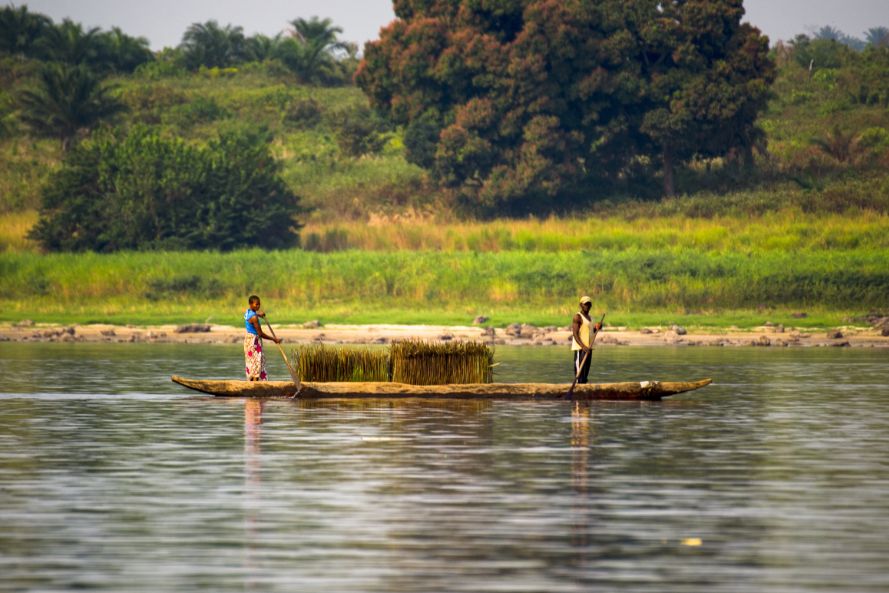

The Congo River, which flows through the middle of Africa, is a symbol of how strong and resilient nature is. In the hearts and lives of the people of Central Africa, the Congo River is very important because of its huge size, rich wildlife, and cultural importance. The Congo River has a lot of history, geography, and meaning that we will talk about in this piece. Another name for the Congo River is the Zaire River. Its source is in the mountains of northeastern Zambia, where the Lualaba and Luapula rivers meet. The Congo River flows from its source through thick rainforests, huge swamps, and beautiful waterfalls before it meets the Atlantic Ocean. There are about 4,700 kilometers (2,920 miles) of it. After the Nile, it is the second-longest river in Africa.
3. Niger River
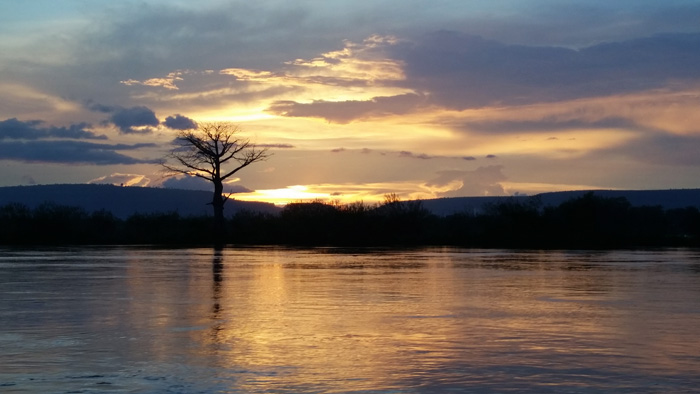

The Niger River symbolizes energy, resilience, and cultural heritage as it flows gently across West African desert regions and lush savannas. One of Africa’s longest streams, the Niger River provides life to millions over 4,200 kilometers (2,610 miles). This article explores the Niger River’s rich history, ecological relevance, and cultural significance.
In Guinea’s isolated Fouta Djallon Highlands, the Niger River begins. The river flows through Mali, Niger, Benin, and Nigeria before spilling into the Atlantic Ocean in a huge delta in Nigeria. The Niger River flows through rocky gorges, grassy meadows, floodplains, and deep woods.
4. Zambezi
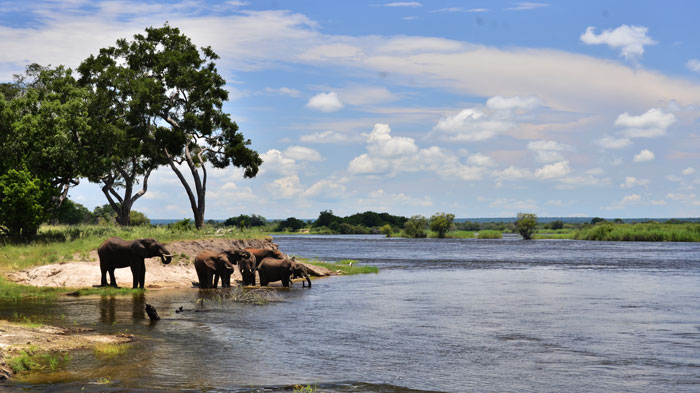

The Zambezi River cuts through southern Africa, demonstrating nature’s force and beauty. This historic waterway spans 2,700 kilometers (1,680 miles) and six countries, leaving stunning vistas, varied civilizations, and different ecosystems. We explore the Zambezi River’s complex history, geography, and significance in this article. The Kabompo and Lungwebungu rivers meet to form the Zambezi River in northeastern Zambia. The Zambezi runs east through Zambia, Angola, Namibia, Botswana, Zimbabwe, and Mozambique before draining into the Indian Ocean. The river flows through lush rainforests, savannas, barren plains, and stunning gorges. The Zambezi is the fourth-longest river in Africa.
5. River Ubangi
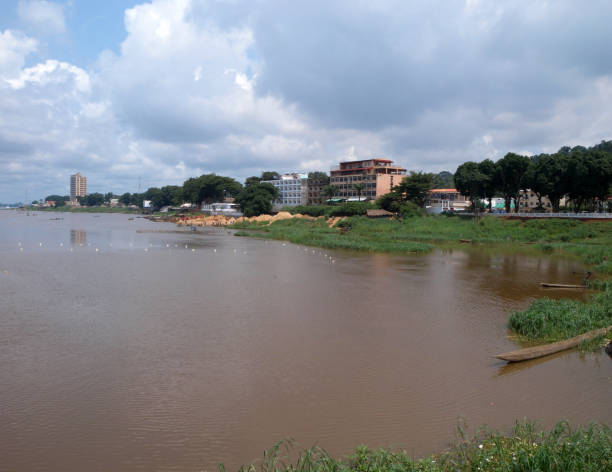

The Ubangi River flows serenely through Central Africa’s lush rainforests and huge plains, improving the region’s scenery and livelihoods. As a Congo River tributary, the Ubangi is important to Central Africa’s ecology and culture. Discover the Ubangi River, a key lifeline in the center of the continent, with us. The northeastern DRC highlands near the Central African Republic (CAR) are the source of the Ubangi River. It starts as a little brook and gains speed as it runs northwest through tropical rainforests and wetlands. The Giri, Mbomou, and Uele rivers feed the Ubangi before it merges with the Congo River at Kinshasa.
6. Orange River
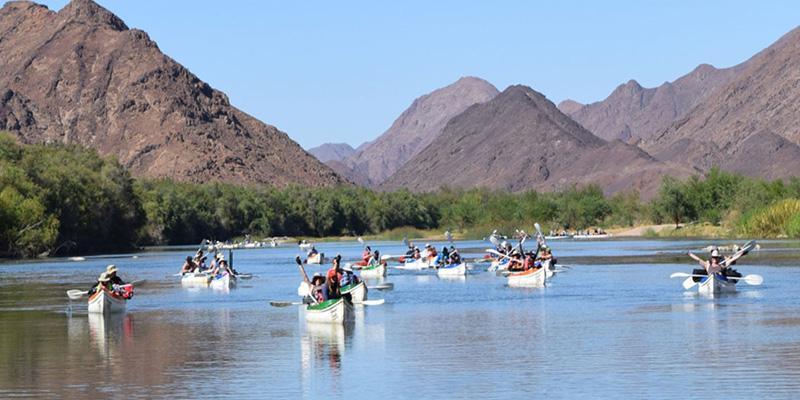

South Africa’s Orange River flows across harsh deserts and fertile valleys, symbolizing resilience and vigor. This remarkable river originates in the Lesotho Highlands and flows through severe inner terrain, influencing the landscapes and livelihoods of its residents. Join us as we explore the Orange River, a lifeline of contrast and richness in southern Africa. The Orange River (Gariep River) begins in Lesotho’s Drakensberg Mountains. The river flows west from its source at above 3,000 meters (9,800 feet) and forms part of the Lesotho-South Africa boundary. As it rushes toward the Atlantic Ocean, it cuts deep canyons and lush valleys in the semi-arid Karoo region. Finally, the Orange River flows into the sea in Namibia’s coastal town of Oranjemund.
7. Kasai
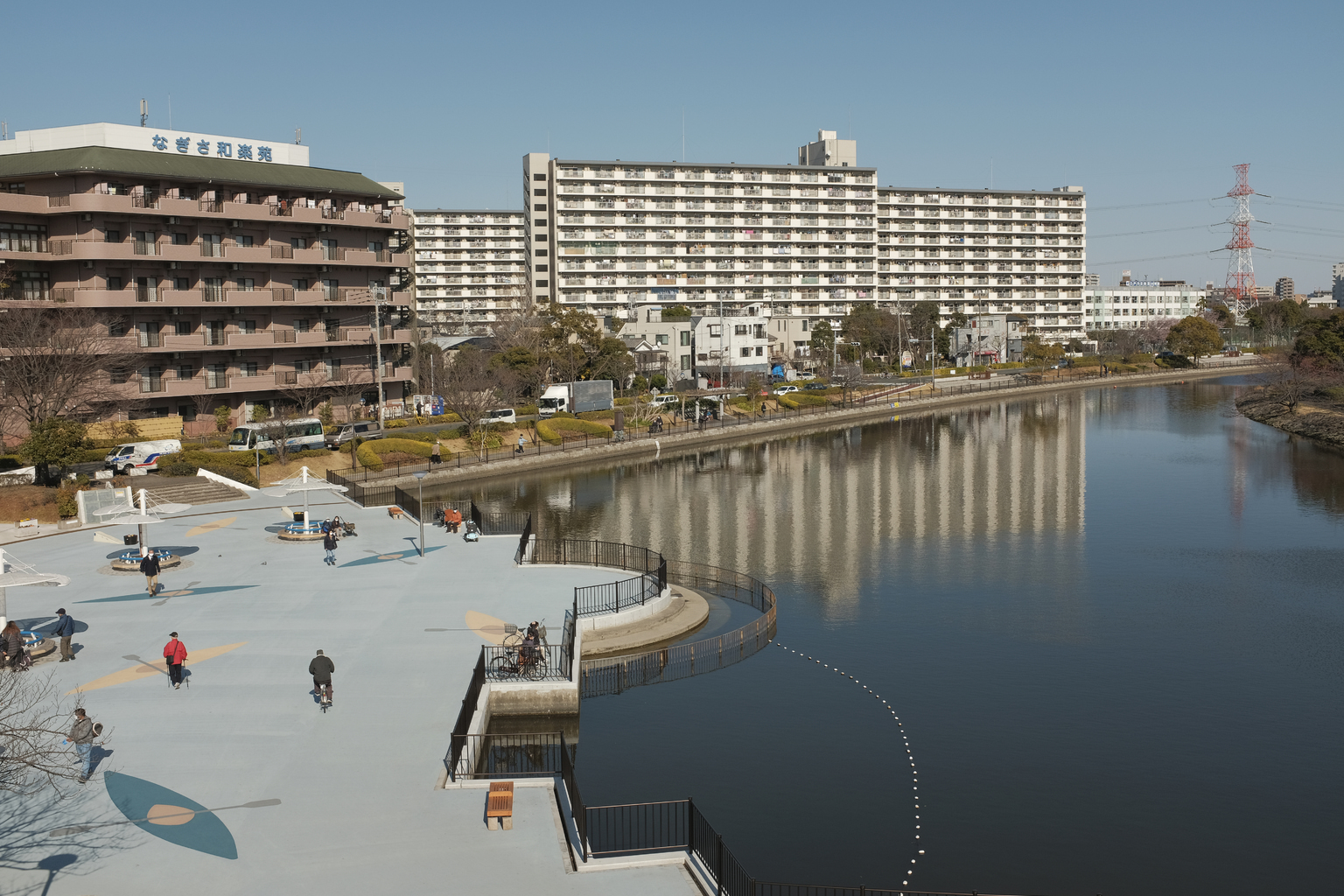

The Kasai River flows through lush rainforests, broad savannas, and thriving towns in the Democratic Republic of the Congo (DRC), enriching their landscapes and livelihoods. As a Congo River tributary, the Kasai are important to Central Africa’s ecology and culture. Explore the Kasai River, a key lifeblood in the center of the continent, with us. Central Angola’s plateau region near the DRC is where the Kasai River originates. The river runs northeast from its source into the DRC through Kasai-Oriental and Kasai-Central. The Kasai gets its water from many tributaries, including the Kwango and Sankuru rivers, before joining the Congo near Kwamouth. The river spans 2,153 km (1,338 mi).
8. Shebelle River
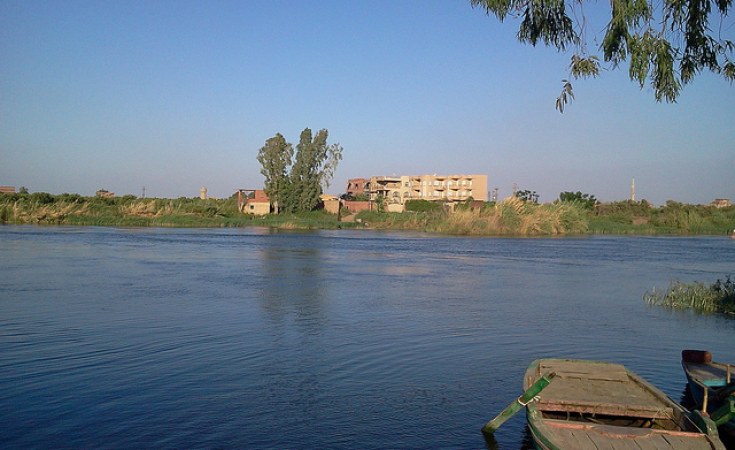

The Shebelle River, which flows beautifully across Somalia and Ethiopia’s parched landscapes, symbolizes perseverance and life in the Horn of Africa. From the Ethiopian Highlands, this renowned river flows through harsh terrain and rich valleys, altering the landscapes and livelihoods of its users. Discover the narrative of the Shebelle River, a critical lifeblood in the region, with us. The Gennale and Wabe rivers meet to form the Shebelle River in the Ethiopian Highlands. From its source, the Shebelle flows south through Ethiopia, passing Gode and Kelafo before entering Somalia. The river then flows through southern Somalia to the Indian Ocean near Merca. The Shebelle River is 1,100 km long.
9. Limpopo
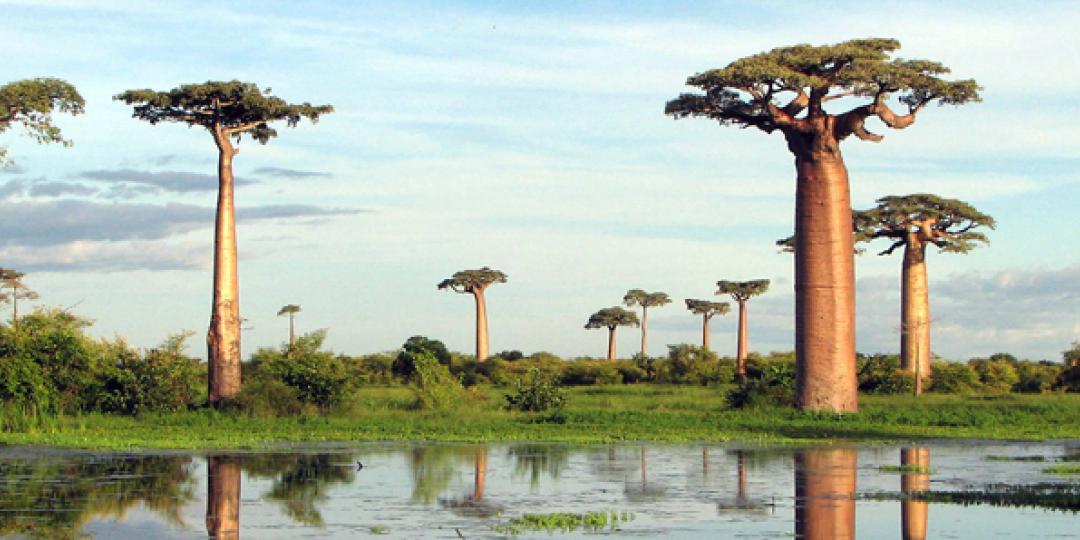

Limpopo, South Africa’s northernmost province, is diverse. It has wildlife-filled bushveld, steep mountains whispering old secrets, and contemporary cities like Polokwane, the province capital. In the birthplace of humanity, ancient echoes mix with modern democracy. Limpopo is known for its gorgeous Limpopo River, which borders the province’s west and north. Its many terrains make the landscape attractive. Soutpansberg and Waterberg mountains rise from the huge Lowveld grasslands with acacia and baobab trees. Wildlife lovers flock to this spectacular landscape. Kruger National Park, a leading biosphere reserve, borders Limpopo, providing unequaled opportunity to see Africa’s iconic creatures. Explore the Makgabeng Plateau west of Kruger to see ancient rock art that tells San stories.
10. Okavango River
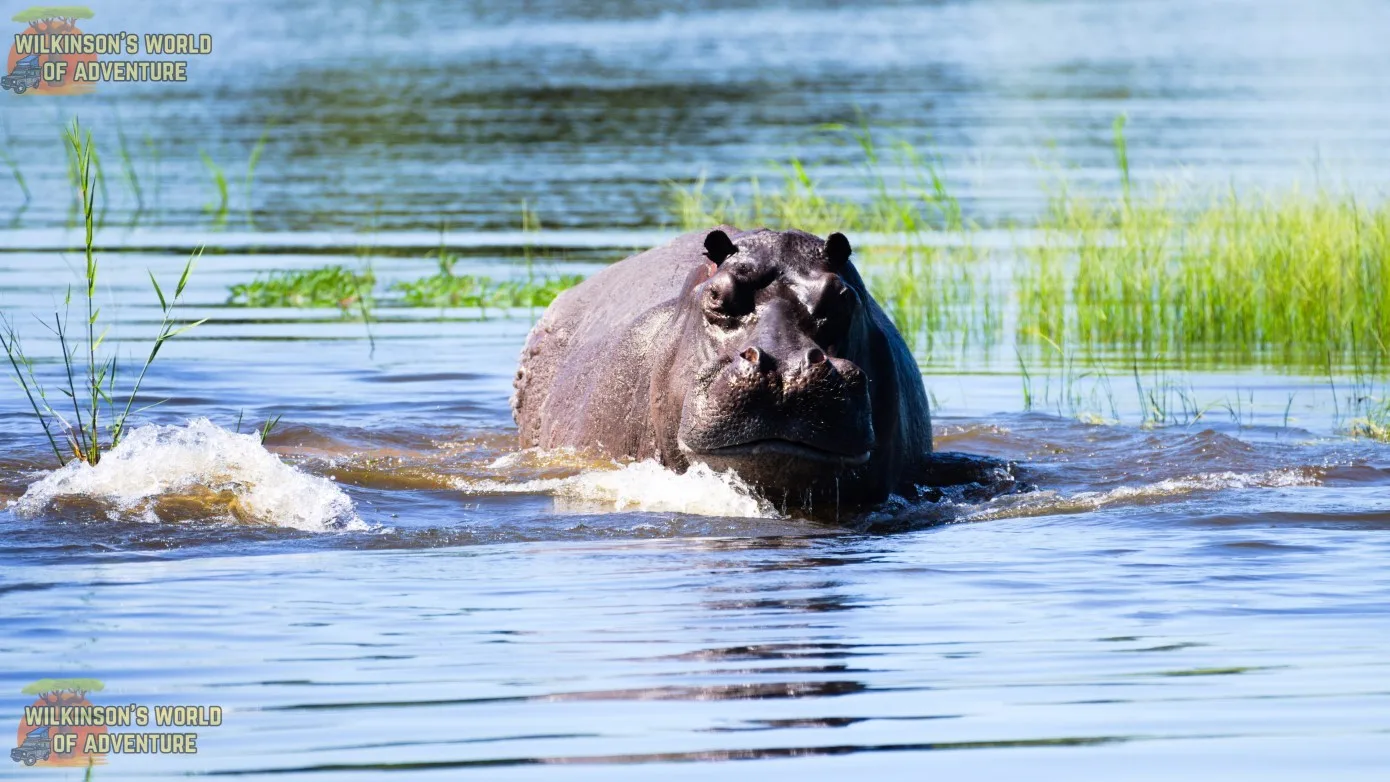

The life-filled Okavango River in southwest Africa defies convention. Most rivers rush to the ocean, but the Okavango takes a more whimsical route. After 1,600 kilometers (1,000 mi), it dissolves into the Kalahari Desert, creating the beautiful Okavango Delta. Okavango, known as Cubango in Angola and Kavango in Namibia, is southern Africa’s fourth-longest river system. It starts in the chilly, misty Angolan highlands, far from the Kalahari. The river accelerates south, providing a natural border between Angola and Namibia before entering Botswana. It is known by this name in Botswana, and as Cubango in Angola, and Kavango in Namibia.